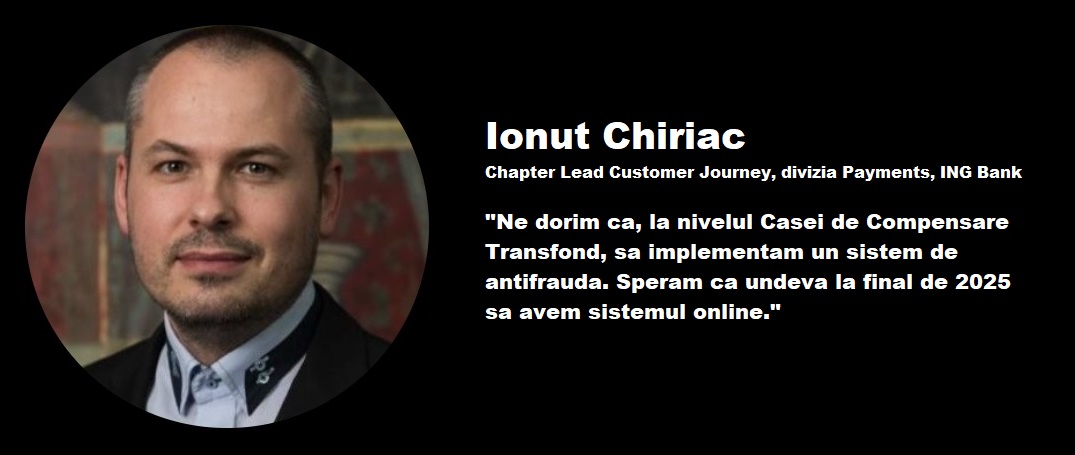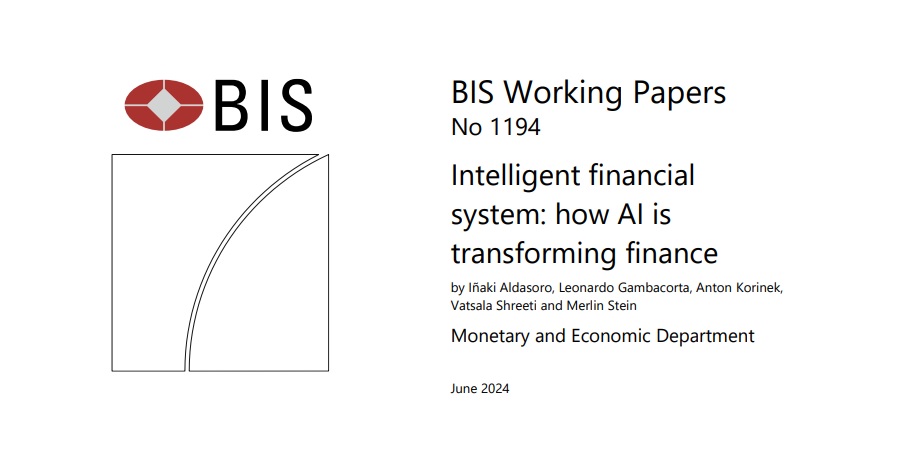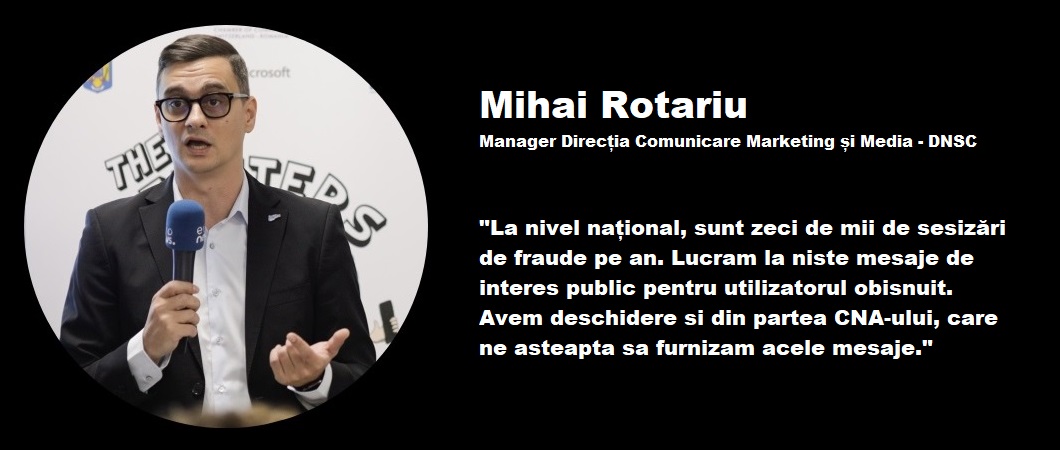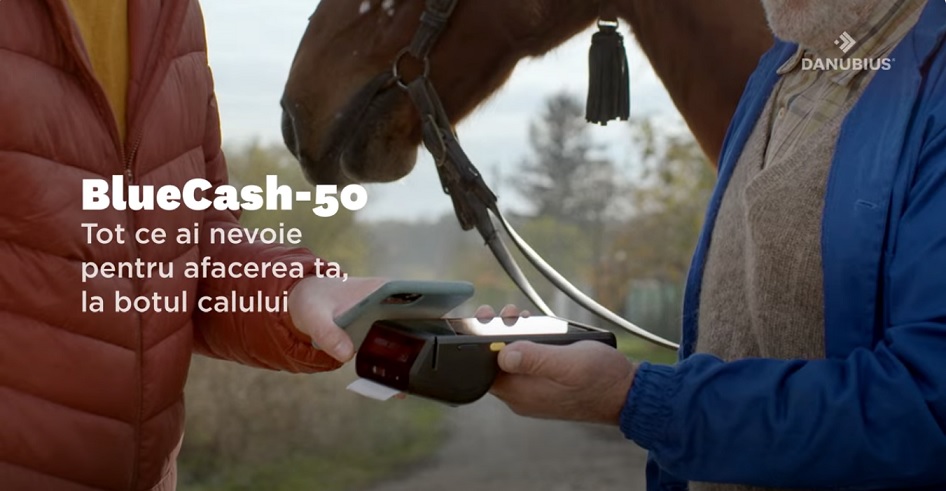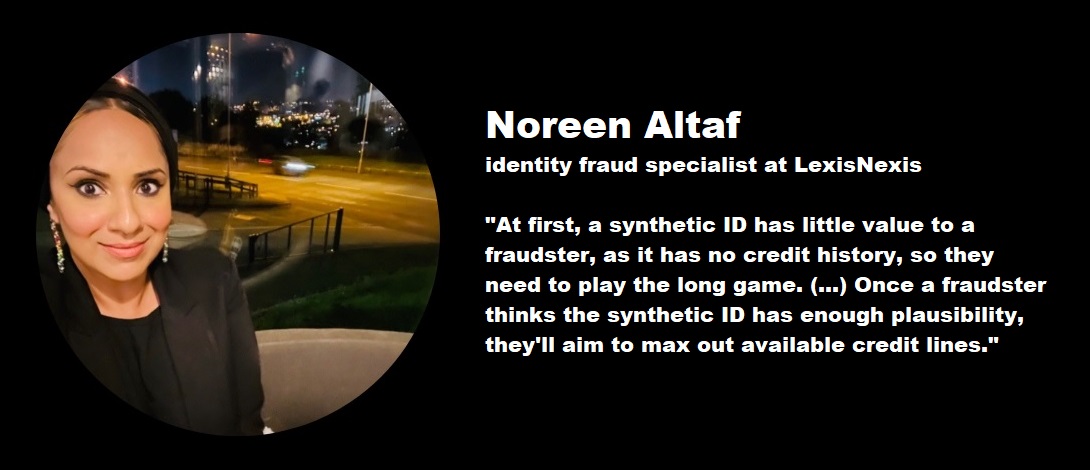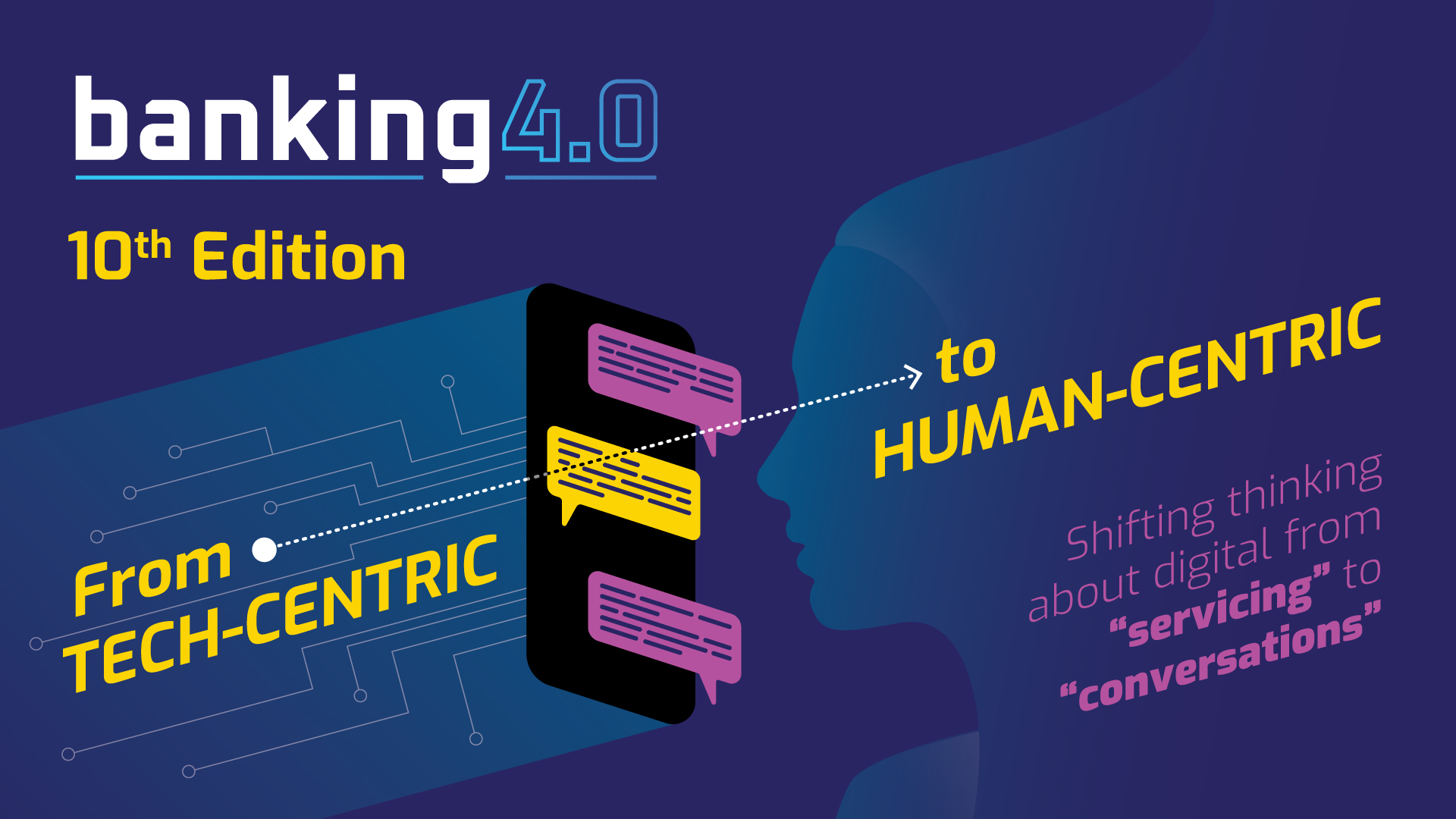Bulgaria in the eurozone, when?
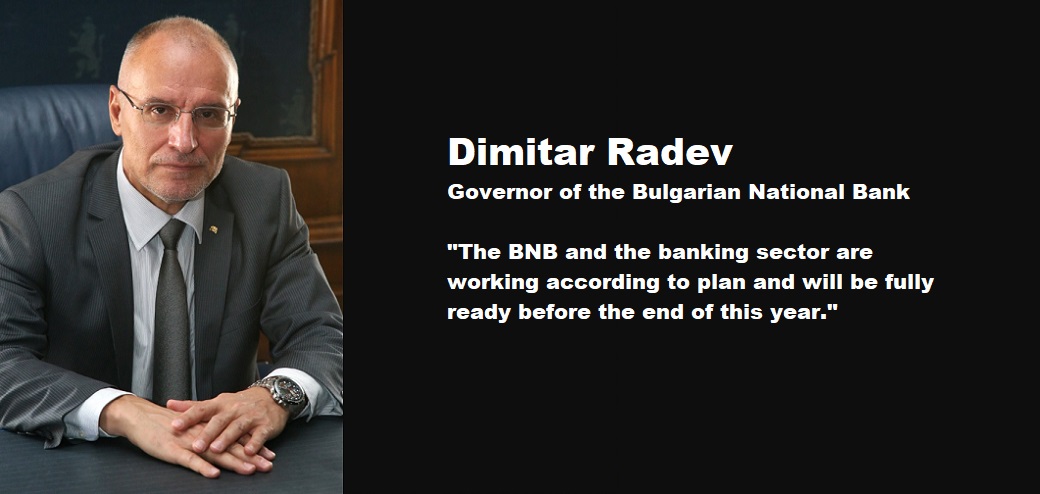
„The short answer to this question is: As soon as possible.” – said Dimitar Radev, Governor of the Bulgarian National Bank, in a speech at the opening of the conference „Bulgaria in the eurozone, when?”.
The governor also answered the question Why?
„Because delaying our full integration into the core of the EU, such as the eurozone, has its price, and it is constantly increasing. More generally, this cost is expressed in continued marginalization in the political and economic periphery of Europe with the inherent themes of this periphery such as poverty, corruption and external dependencies.
More specifically, the price of delay is expressed in harder conditions for business, trade and investment; less favourable financing conditions; higher non-productive costs for businesses and households. The scale of losses is measured not in millions, but in billions.„
Dimitar Radev said that currently Bulgaria meets all the nominal convergence criteria, „except the one of inflation, and the country meets them by a significant positive margin„.
Still, what do Bulgaria needs to do to successfully finalise the joining process?
„We need a clearly established, sustainable, pro-European political structure. This is something that has been missing since we joined the European Exchange Rate Mechanism and the Banking Union.
In the earlier stage of the political crisis, the executive showed a hesitant position regarding the eurozone. For example, it took nearly a year for the government to adopt the plan drawn up and approved by the Coordination Council for the introduction of the euro, with six ministers voting against and one abstaining, including ministers key to the process. In contrast to the earlier period, the last government stood on a clearly pro-European platform, but as the development of events has shown, it turned out to be extremely unsustainable. I also leave without comment the fact that since our admission to the Banking Union and the Exchange Rate Mechanism, we have had five different Ministers of Finance.
In establishing a sustainable pro-European political structure, we are expected to achieve several goals.
First, re-establishing the political contacts on the subject at the highest level, as we must not forget that in the end it is a political process and a political decision. Unfortunately, in recent years the contacts on this topic have been protocol rather than substantive.
Second, returning to the path of fiscal consolidation, which is important not only for the accession process, but is also the basis of our most important comparative advantages in economic and financial terms. Such a development is also of great importance for the BNB, due to the need to harmonise the monetary and fiscal conditions in our country.
Third, adopting as quickly as possible the Law on the introduction of the euro, which will give clear indications, but also legal guarantees for businesses and households, as to what lies ahead.
Fourth, accelerating the work on the remaining conditions and technical preparation. Here I mean above all the issues of the government’s competence, since, as I indicated, the BNB and the banking sector are working according to plan and will be fully ready before the end of this year.
If this scenario materialises as soon as possible after the upcoming elections, the chances of joining the eurozone in 2025 remain strong and entirely realistic.
He concludes: „As a result of the political crisis of recent years, we have lost both the initiative and the leadership in the process of joining the eurozone. Nevertheless, our readiness in terms of accession conditions, legislative and technical framework remains high. To successfully finalise the process in 2025, we also need a sustainable, pro-European political structure.„
Anders Olofsson – former Head of Payments Finastra
Banking 4.0 – „how was the experience for you”
„So many people are coming here to Bucharest, people that I see and interact on linkedin and now I get the change to meet them in person. It was like being to the Football World Cup but this was the World Cup on linkedin in payments and open banking.”
Many more interesting quotes in the video below:
